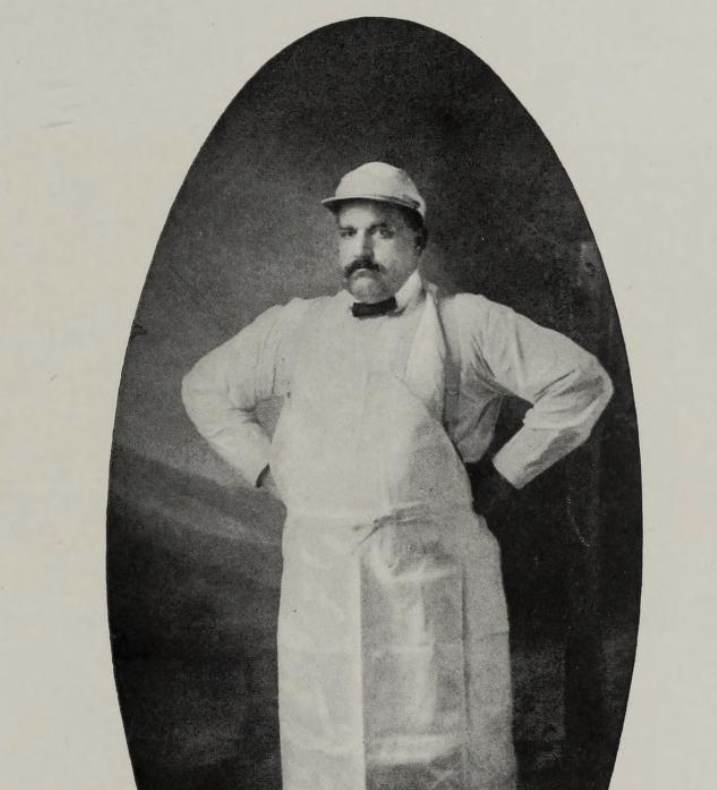
Clemson Archives
Augustus "Shortie" Schilletter, pictured here.
When you think of Clemson, you may think of beautiful sunsets, crisp fall football nights or the University’s history. This rich history precedes the traditions of football game days and old residence halls, and is documented throughout the University’s campus via the names of the buildings scattered around University grounds. Many reasonably assume that the people honored by having buildings named for them must have made a positive impact on the University, but things aren’t quite that simple in the case of Schilletter Dining Hall.
Schilletter Dining Hall evokes strong opinions among students — while some say that Schilletter is the worst dining hall, others vehemently defend it. Although it may be one of the smaller places to grub on campus, Schilletter’s quaint atmosphere brings staff and students together with regular game nights. Oftentimes, visitors are also met with sounds of the kitchen staff playing music on their personal speakers while serving guests.
Aside from the food, one of the most controversial things about Schilletter is its name. The dining hall is one of the most visited spots on campus, but most students refer to it by a crude nickname rather than its actual title. Why would the University choose a name that gives students the opportunity to call the dining hall such a terrible name? Who is the real Schilletter anyway?
Augustus Schilletter was one of the original dining hall stewards back in the early days of Clemson dining. In one of the few existing pictures of Schilletter, he sports a very prominent mustache and is pictured with a very matter-of-fact stance, appearing rather no-nonsense.
His history with the University is Clemson’s best-kept, non-secret secret. As the tale goes, Schilletter worked in a dining hall for years while simultaneously embezzling money from the University. Investigators searched far and wide for the culprit, never suspecting that a dining steward could be the criminal they were looking for. Eventually, however, Schilletter’s luck ran out, and his surreptitious activities were discovered.
Instead of making Schilletter pay for his crimes, the University’s president at the time, Walter Riggs, decided to keep the dining hall scandal under wraps. This decision was made to keep the public from scrutinizing the University or giving the then-new college a bad name. To avoid suspicion, the University allowed Schilletter to work in the dining hall until his time was over.
President Riggs’ dining hall cover-up was perfectly executed, evidenced by the fact that you likely had no idea that this Schilletter scandal ever even happened. When it came time to name the new dining hall in 1968, the University administration reasoned that there was no better person to name it after than one of the earliest dining hall stewards, Augustus Schilletter.
Now that we understand why the University elected to name the dining hall after the subject of their secretive cover-up, all we can wonder is if the creators of Schilletter Dining Hall could have foreseen the humor served up every time someone asks if their friends are going to Schilletter for dinner.